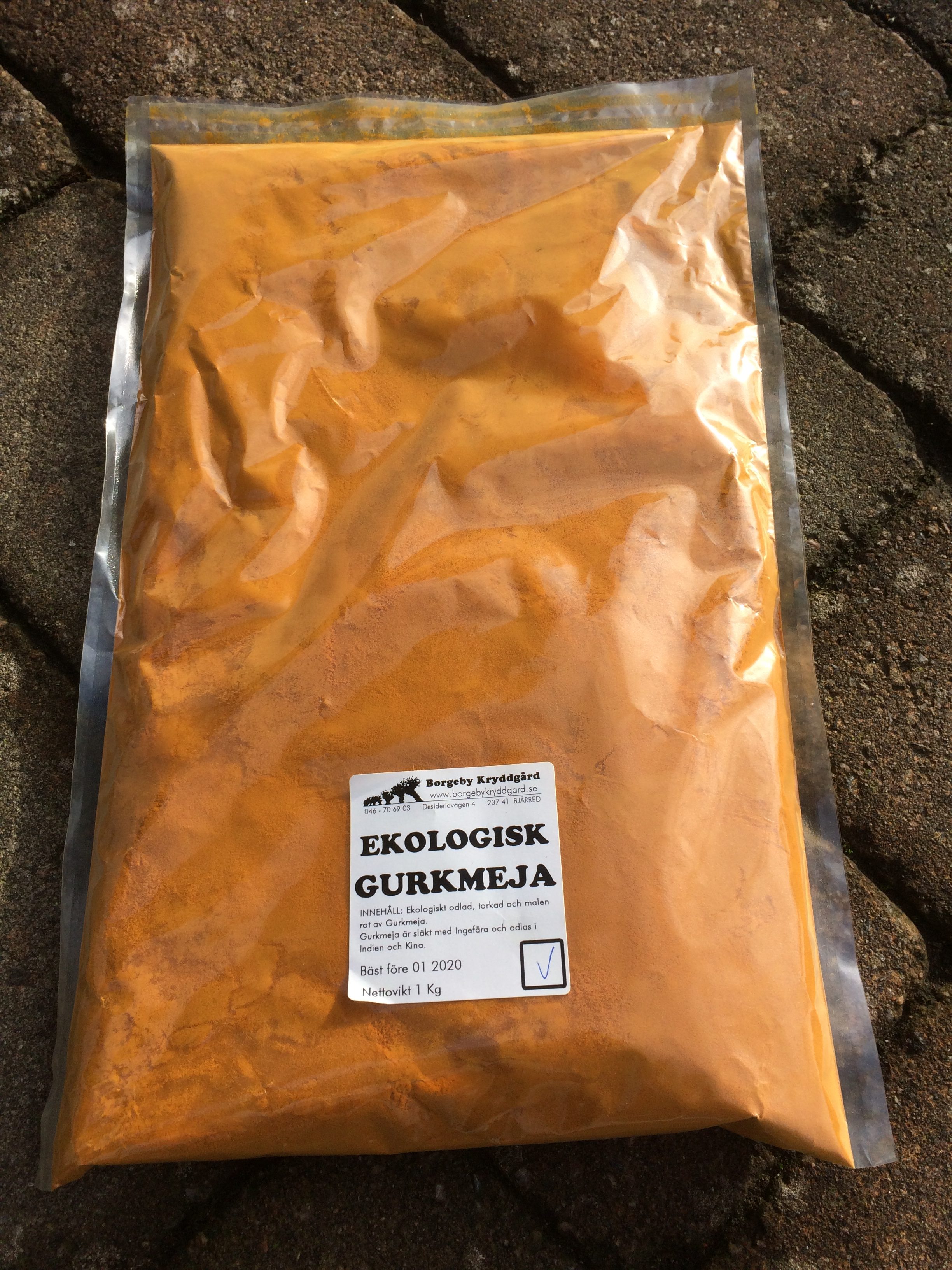
Allas vår uppmärksamhet är riktad mot det nya coronaviruset, så idag fokuserar vi bl.a. på vad som faktiskt kan fungera mot viruset COVID-19 (SARS-COV-2).
Det handlar om allt från fakta om Corona och forskning, till vad man själv kan göra, risker, vad jag personligen tänker på, spännande ämnen i mat och växter som kan vara effektiva mot det nya coronaviruset och en hel del annat.
Du får en halvtimme att lyssna på – t.e.x. i bilen, på din promenad, eller medan du städar.
Så här gör du:
Lyssna på din dator
- Antingen kan du lyssna direkt här på bloggen genom att trycka på den grå playknappen i respektive avsnitt, dvs längst ner här i inlägget
(alla avsnitt hittar du här: https://4health.se/category/podcast) - Eller så kan du gå in i iTunes och söka 4health. Då hittar du kanalen 4Health med Anna Sparre som du kan klicka på och välja avsnitt att lyssna på. Klicka på prenumerera så ser du varje avsnitt
Direktlänk till iTunes: https://itunes.apple.com/se/podcast/4health-med-anna-sparre/id907951009?mt=2
Lyssna på din iPhone
- Kolla om du har appen/symbolen Podcaster (lila och vit). Annars gå till App Store i din telefon och sök Podcaster. Välj ladda ner (gratis)
- Gå in i podcaster och sök 4health. Då hittar du kanalen 4Health med Anna Sparre som du kan klicka på och välja avsnitt att lyssna på
Direktlänk till iTunes: https://itunes.apple.com/se/podcast/4health-med-anna-sparre/id907951009?mt=2
Lyssna på din android:
- Kolla om du har en app för att lyssna på podcasts. Annars gå till Google Play i din telefon och ladda ner podcast-app. Exempel på podcast-appar för android som du kan söka upp och ladda ner till din telefon är BeyondPod eller pocket cast. Se här för olika podcastappar till android:https://play.google.com/store/search?q=podcast&c=apps
- Öppna länken till 4healths podcast-feed i denna app. Detta är det podcast-feed du kan kopiera och öppna i din podcast-app: https://4health.se/category/podcast/feed
Gå gärna in och lämna ett betyg/review när du ändå är i iTunes.
Podcast: Play in new window | Download
Subscribe: RSS











Senaste kommentarer